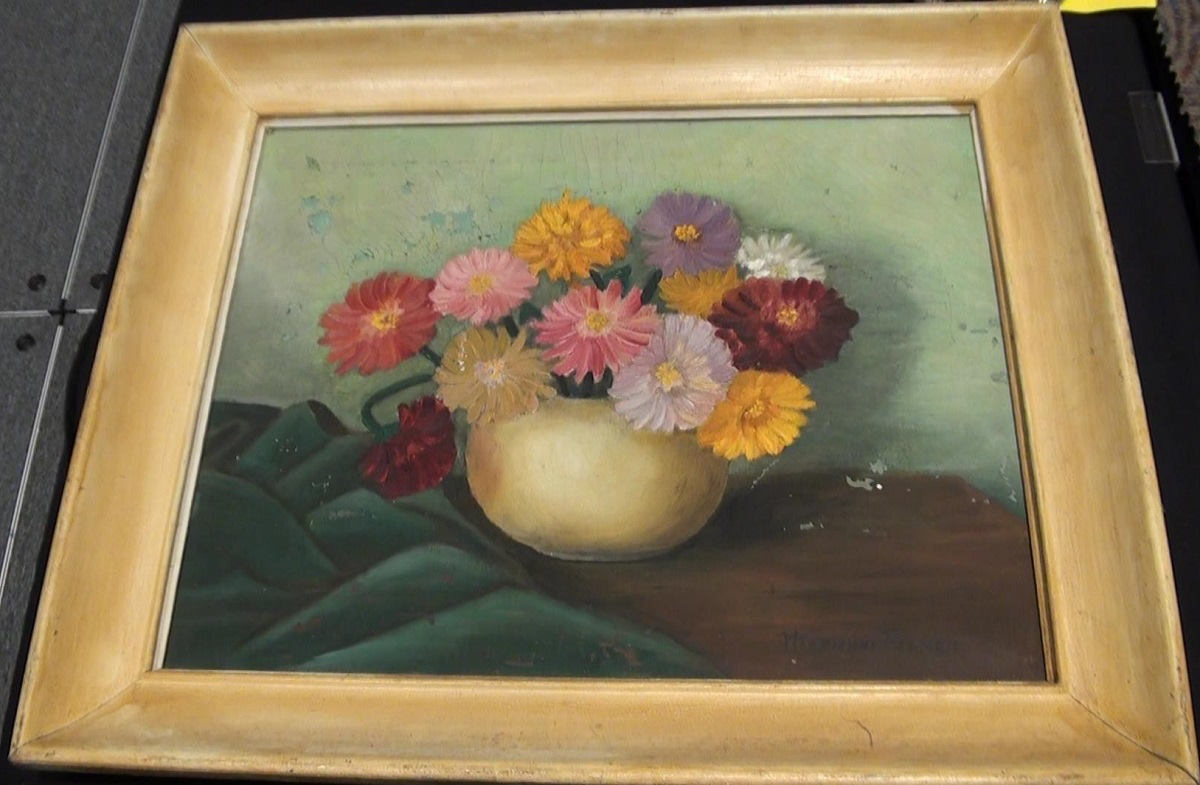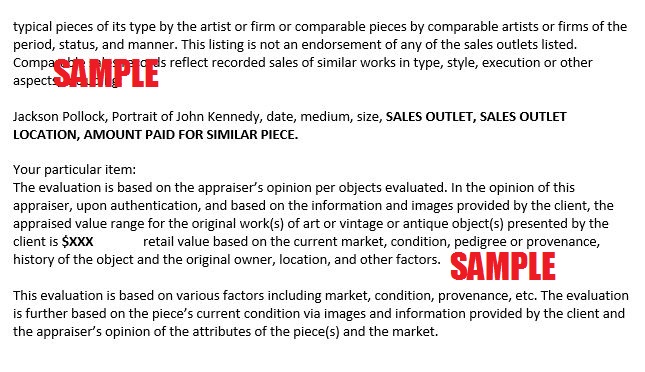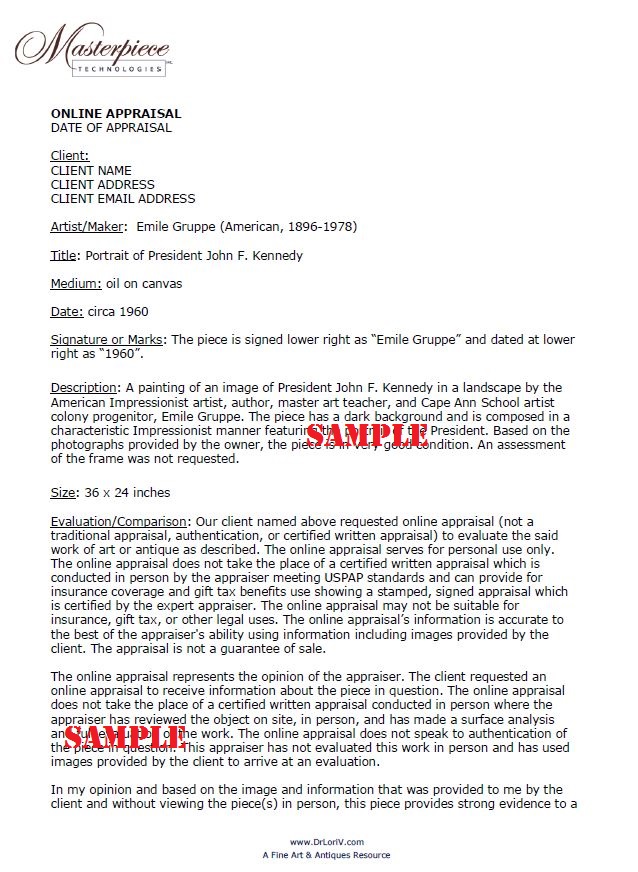
I know you know a lot about antiquing and thrift store shopping but like all of us, you can always learn more. So, when you are shopping for antiques in dealerships, flea markets, yard sales, estate sales or shopping in thrift stores, good will stores, salvation army donation centers, etc., you really have to beware of those rare, few people who might know the antique buying/selling business better than you do. I know, they may not exist in your mind, but in reality, they are what is standing between you and a big payday.
So, maybe these people are simply better negotiators or they use lies and other unscrupulous tactics to get more money out of an antique object than it’s really worth, but either way, you have to be ready to deal with them and you have to be able to recognize them when you come across them. I really don’t want to ruin the fun of shopping, because it really is a whole lotta fun, but what’s more fun is when you get the very best deal for something that you not only like but you can flip for big bucks. Here comes the fun! Here’s how to spot some of these tactics:
1. Business Not Friendship
This is one of those popular and familiar Dr. Lori catch phrases… I’ve been known to say: “This is business, it’s not friendship.” I explain, “You don’t need more friends, you’ve got friends on Facebook, what you need is to know when to separate business from friendship.” When you are the buyer, the seller wants you to think that he is your friend. He’s not your friend. Susie from your high school swim team is your friend and she has been since her family moved next door to you when you were 8, your college roommate Pamela from upstate New York is your friend and she proved it when she covered for you when you were out with that frat guy your parents hated and they showed up at your dorm room unannounced one weekend, the lovely retired chef and fellow yoga novice Julia, who taught you how to make the best scones you’ve ever tasted after your weekly post-class coffee chat is your friend.
But, some guy from Peoria with a Facebook name like Pete from Peoria and an online shop that sells vintage Fostoria glass cake plates and who wants you to pay $2,750 for one online is not your friend. He is way overcharging you because you want to replace the one your mother had in the 1950s. He is not your friend. He knows you really want that plate that he’s selling because you posted an old photo of your mom and her plate which is just like the one for sale along with a Facebook comment stating that you’ve been looking for one just like it forever. You went on and on about it on social media and now he thinks he can get his claws into you and make you pay too much for it. Does that sound like a friend? Nope. Not by a long shot. When it comes to buying and selling, it’s not about friendship, it’s all about business. Don’t be fooled. Don’t let emotions get the best of you. Don’t mistake a Pete for a Pamela.
Sure, I want you to have fun shopping. Heck, have fun shopping with your friends, but when it comes to buyers and sellers, even those in the online marketplace, it’s all business. So, what do you do? Be polite, make the seller a reasonable offer, and don’t feel bad if they refuse your offer. Be ready to walk (…more on walking later, and no, you don’t need that silly fitbit either. It’s never right anyway because I know I walked 11,000 steps while sunbathing by the pool, but that’s another story.)
If the antique dealer or flea market seller rejects your offer and tells you that they are insulted… don’t feel bad, remember that is a tactic. Yes, a tactic. They whine, while thinking “Oh, I am offended that you would think that that wonderful, extraordinary, great piece that I am selling isn’t worth the ridiculous price I put on it.” Don’t worry that they are insulted or dare I say that they are acting insulted. That’s business. No, it’s not the type of business that we send our kids to universities to learn about in business school with supply and demand, microeconomics principles, statistics, etc. but this is business, all right. The method that these people are using to reel you in is a tactic. Don’t fall for it. Don’t let your emotions get the best of you. Don’t give in. Friendship is friendship and business is business. Even when you are shopping for fun stuff like antiques and vintage objects online, it’s all still business. Be aware. Watch me offer more Thrift Store Negotiating Tips
2. Lies, Half-Truths and Made-Up Stories
My mother Elsie would just call them lies. Flat out, no holds barred, lies. She’d stop at that. Don’t lie, she’d advise. She’d say, “Tell the truth and be grateful.” She said that all the time. Plain, simple, straightforward. So, when someone is telling you a lie, half-truth or made-up story about anything, you don’t like it. Why would you? You want to know the full story, get the inside scoop, know the deal. Any smart seller will know the value of the antique they are selling, but what you have to be careful of is the embellishments, the stories, the weaving of the tale.
Buyers who really love an antique or thrift store find also love a good story that goes with it. This is why some of the most pricey antiques have a great story to go with them. Everybody loves a good story. You know some of the stories that accompany an antique or vintage object are about that little known piece of history that you never heard of or the unbelievable way the object came to end up here, or some other little fib or big outrageous lie that the seller is desperate for you to believe. Some of my most satisfying appraisals come when I can show physical evidence of why an object is not what someone says it is. Antiques don’t lie, people do… another Dr. Lori-ism. It is something to remember as you continue on this fun antiques journey. You know what I am talking about like… “it came from the estate of President Lincoln’s barren second cousin who worked for the collector, a New Orleans midwife and seamstress for Mrs. Lincoln, who gave it to my aunt on her deathbed and my aunt gave it to me and now I just want to sell it to someone who will give it a good home.” Come on, who believes this stuff. Really? You don’t, do you? Yes, I have had to reveal the hard truth about Lincoln’s second cousin and a whole host of other made-up stories about antiques for quite some time. Read three tips how to negotiate when antiques shopping.
3. Don’t Circle, Walk Away
Learn to walk away. I told you I’d get back to the walking part of this blog post. I advise antique shoppers at outdoor flea markets, antique shows, and yard sales to walk the first lap around the wares and just buy nothing. Not one thing. Just see what’s available and then decide what you want to go back and negotiate for. Be sure you know what you want, think about your negotiation tactics and the price you want to pay before you get back to the dealer’s booth or seller’s table. Don’t circle around the antique that you want to buy like a vulture around a dead carcass, know what you are doing when you go in for the kill. The more times you circle around or come back to a piece for sale, the more obvious it is to the seller that you love it and you probably will end up paying too much for it.
He can wait and bring that piece of inventory to the next sale venue where he sets up his antiques tent next week, but you have got one shot to make a good deal. Don’t blow it by revealing how you really feel–that crazy, middle school style, can’t believe he looked at me kind of love–about that antique or vintage piece. When you walk away, it increases the chances that you can get a better deal. The seller isn’t clued into the fact that you love the piece and instead he becomes more willing to make a deal thinking there is little interest in the piece. On the other hand, the more the seller knows you love it, the less likely you are to get a deal on it. When you walk you increase your chances of getting a better deal.
Ask how you can take me along on your next antiques or thrift store shopping trip using your favorite video chat app. You can also send me photos of your find to see how well you did in your negotiations.



